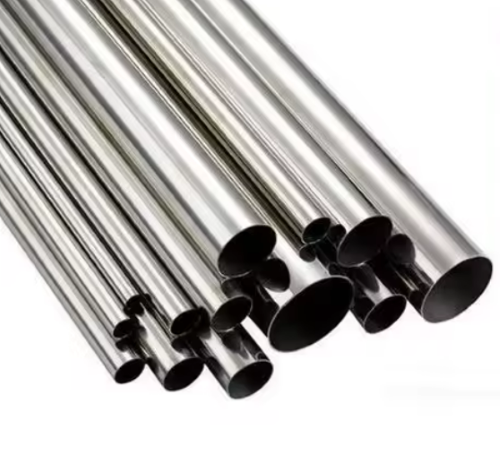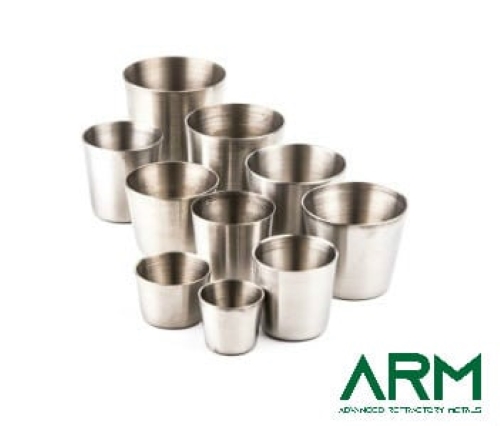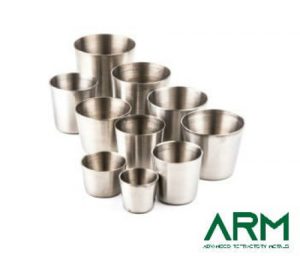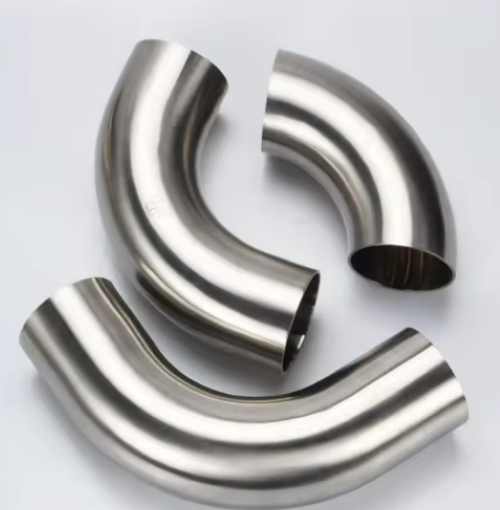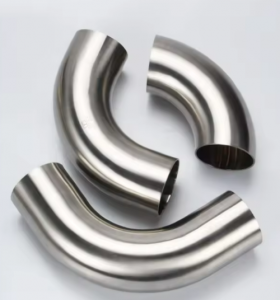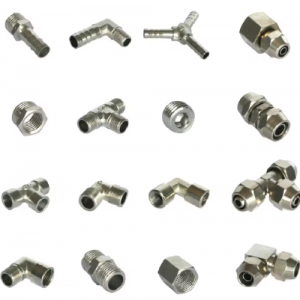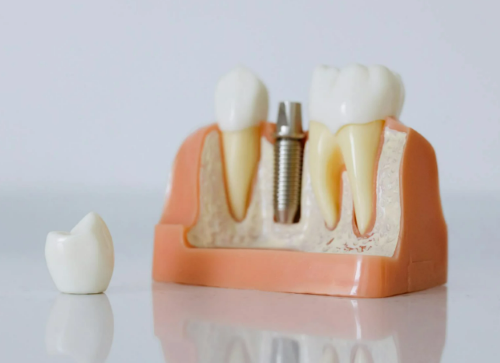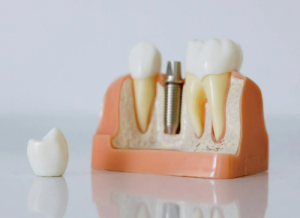Introduction
Zirconium, recognized for its excellent corrosion resistance and remarkable durability at high temperatures, has become a key material in the medical and aerospace industries. Zirconium tubes, in particular, have found innovative applications that capitalize on these properties, leading to significant advancements in both fields. This article explores how zirconium tubes are used in medical devices and aerospace engineering, highlighting their benefits and the technological breakthroughs they enable.
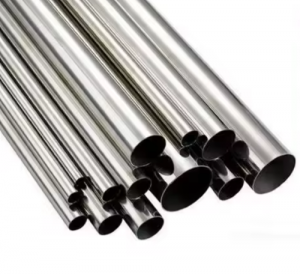
Related reading: Something You Should Know About Zirconium Pipes
Medical Applications of Zirconium Tubes
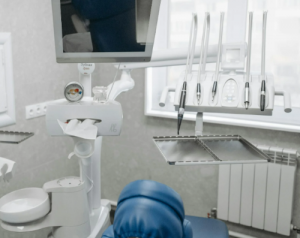
- Prosthetics and Implants: One of the most critical applications of zirconium tubes in the medical field is in the design of prosthetic limbs and orthopedic implants. Zirconium’s biocompatibility ensures that these devices can be safely implanted in the body without the risk of rejection or adverse reactions. The strength and lightweight nature of zirconium also make prosthetics more comfortable and easier for patients to use, enhancing their quality of life.
- Surgical Instruments: Zirconium tubes are utilized in the manufacturing of various surgical tools, including endoscopic instruments. Their corrosion resistance makes them ideal for repeated sterilization processes, reducing the risk of instrument degradation over time. This durability ensures that surgical instruments remain precise and reliable, which is critical during complex medical procedures.
- Dental Applications: In dentistry, zirconium tubes are used to create dental posts and frameworks for crowns and bridges. Their aesthetic color and translucency closely mimic natural teeth, providing excellent cosmetic results. Additionally, zirconium’s resistance to oral acids and low thermal conductivity makes it an ideal material for long-lasting dental restorations.
Aerospace Applications of Zirconium Tubes

Engine Components: In aerospace engineering, zirconium tubes are particularly valuable in jet engines where high temperature and corrosion resistance are crucial. Zirconium can withstand the extreme environments inside jet engines, contributing to increased engine efficiency and reduced maintenance needs.
- Structural Applications: Zirconium tubes are used in the structural components of spacecraft and satellites. Their ability to resist the corrosive effects of space environments, coupled with their low neutron absorption cross-section, makes them excellent for space applications. This property is particularly beneficial for maintaining the integrity of spacecraft structures over long-duration missions.
- Fuel Rod Cladding in Nuclear Propulsion: Some advanced aerospace designs, particularly those involving nuclear thermal propulsion, use zirconium tubes as cladding for nuclear fuel rods. Zirconium’s low neutron absorption enhances the efficiency of nuclear reactions, which is vital for the propulsion systems of long-range spacecraft.
Challenges and Future Prospects
While zirconium tubes offer significant advantages, their widespread adoption is challenged by cost and machining difficulties. Zirconium is more expensive than many traditional materials used in these fields, and working with it requires specialized techniques and equipment. However, ongoing research and technological developments aim to reduce these costs and improve the machinability of zirconium, promising broader applications in the future.
Conclusion
The innovative use of zirconium tubes in the medical and aerospace fields highlights their potential to revolutionize these industries. Whether improving the functionality of medical implants or enhancing the durability of aerospace components, zirconium tubes offer a combination of properties that few other materials can match. As advancements in processing technologies continue, the role of zirconium tubes in these sectors is expected to grow, leading to even more groundbreaking applications. For more information, please check Advanced Refractory Metals (ARM).
